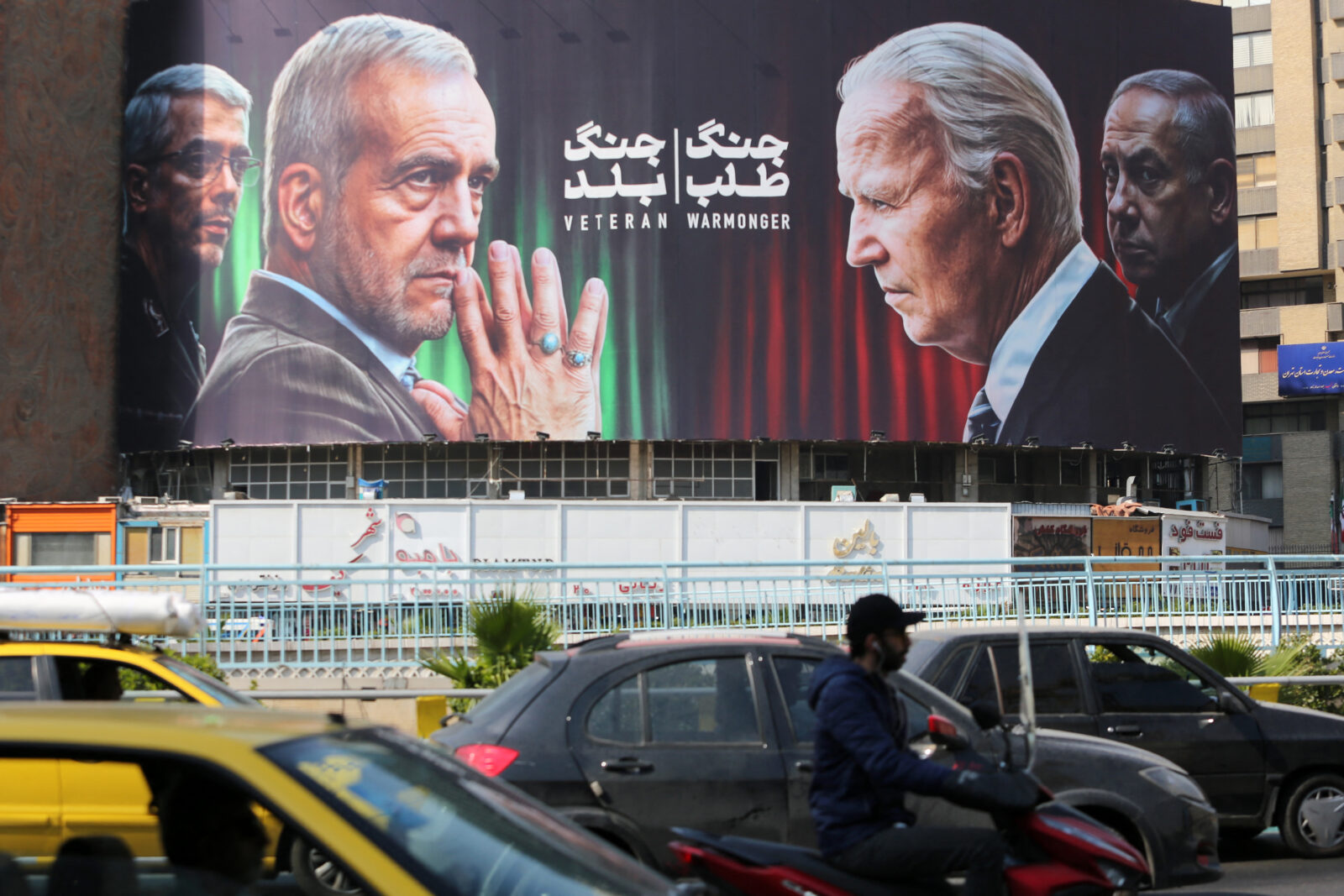Iran urges Trump to rethink policies amid accusations of assassination plot
 US President-elect Donald Trump arrives to speak during an election night event at the Palm Beach Convention Center on Nov. 06, 2024, Florida, U.S. (AFP Photo)
US President-elect Donald Trump arrives to speak during an election night event at the Palm Beach Convention Center on Nov. 06, 2024, Florida, U.S. (AFP Photo)
Iran has called on U.S. President-elect Donald Trump to reassess his approach toward the country after Washington accused Tehran of being involved in a plot to kill him.
Mohammad Javad Zarif, Iran’s Vice President for Strategic Affairs, urged Trump to abandon the “maximum pressure” policy he imposed during his first term.
“Trump must show that he is not following the wrong policies of the past,” Zarif stated, addressing the need for the president-elect to take a new path in relations with Tehran. The Iranian foreign ministry dismissed U.S. claims of involvement in the alleged assassination plot as “totally unfounded.”
Earlier, U.S. Department of Justice has filed criminal charges against a man, claiming he was tasked by Iran with “surveilling and plotting to assassinate former and current U.S. government officials, including Trump.”
According to the indictment, the man, a 51-year-old Afghan national named Farhad Shaker, allegedly sought to assassinate Trump before the U.S. presidential election on orders from Iran’s Islamic Revolutionary Guard Corps (IRGC).
Iran’s foreign ministry on Saturday described as “totally unfounded” US accusations of a plot by Tehran to assassinate president-elect Donald Trump.
Diplomatic relations between Tehran and Washington have been strained since 1979, and tensions escalated further when the United States withdrew from the 2015 nuclear agreement under Trump in 2018, leading to the reimposition of sanctions on Iran.

Nuclear deal and sanctions
Zarif, instrumental in brokering the 2015 nuclear accord, emphasized that Trump’s policies directly contributed to Iran ramping up its uranium enrichment. Since the U.S. pulled out of the deal, Iran has increased its enrichment levels to 60 percent, far beyond the 3.5 percent allowed under the original agreement.
Tehran has denied any ambition to develop nuclear weapons, maintaining that its nuclear program serves civilian purposes.
“He must have realized that the maximum pressure policy that he initiated caused Iran’s enrichment to reach 60 percent,” Zarif said. He also advised Trump to reconsider whether continuing this “harmful policy” would yield any benefits.
US-Iran tensions and regional conflict
Under Trump’s first term, relations between the two nations worsened with several key events, including the U.S. recognition of Jerusalem as Israel’s capital, the annexation of the Golan Heights, and the assassination of Iranian General Qasem Soleimani in January 2020.
These moves further deepened animosity between Iran and the U.S., with Tehran viewing Israel as its primary adversary.
Despite these tensions, Trump remarked on election day that he sought no further harm to Iran. “They can’t have a nuclear weapon. I’d like them to be a very successful country,” he said.
Tensions between Iran and Israel have intensified, raising concerns about a wider regional conflict following direct confrontations between the two countries amid the Gaza and Lebanon crises.



